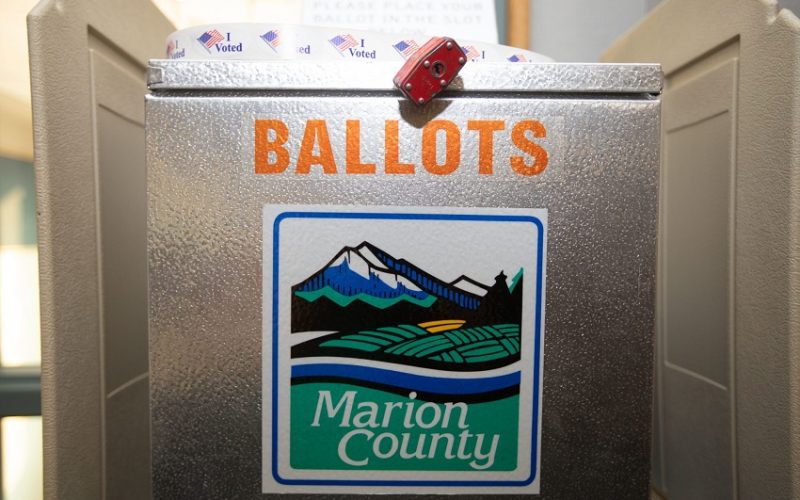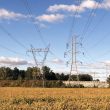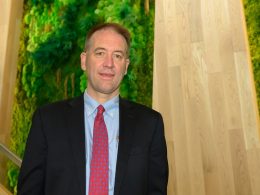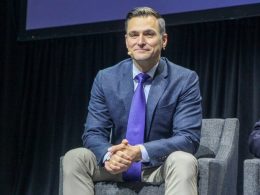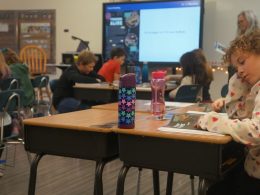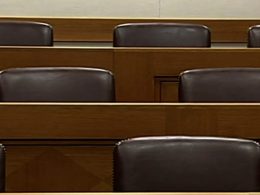Salem, OR – On March 19, the Oregon House Rules Committee convened for a hearing to discuss a proposal aimed at enfranchising the largest group of voters in the state: those unaffiliated with any political party. House Bill 3166 seeks to address the growing number of non-affiliated voters, who currently face restrictions in state-funded primary elections.
As of the latest voter registration figures from the Oregon Secretary of State, non-affiliated voters make up the largest segment of the electorate at 1,083,316, or 36%. In comparison, Democrats account for 33% (1,003,469) and Republicans 24% (738,200). Despite being the most numerous group, non-affiliated voters are currently excluded from voting in primary elections, which are often decisive in determining the outcome of general elections. Proponents of the bill argue that this exclusion leaves the majority of Oregon voters with little say in choosing candidates for statewide offices, especially in a system where Democratic primaries typically dominate.
Dan Meek, an elections lawyer with the Independent Party of Oregon and the Oregon Election Reform Coalition, highlighted the imbalance, noting that Democrats have controlled nearly every partisan election for statewide offices since 1988, with the exception of Dennis Richardson’s victory in the 2016 race for Secretary of State. Additionally, Meek pointed out that the lack of truly contested races in both chambers of the Legislature is largely a result of district boundaries being drawn by the majority-controlled Democratic Legislature.
House Bill 3166 proposes a shift to a top-two primary system, which would place all candidates on a single ballot, regardless of party affiliation. Under the bill, the top two vote-getters would advance to the general election, ensuring that non-affiliated voters have a say in the selection process. A key feature of the bill addresses a criticism often leveled at similar reforms in other states, such as Washington and California. To prevent candidates from using a party label without the party’s endorsement, the bill would require that candidates obtain their party’s endorsement before displaying the party’s label on the ballot.
Though Oregon voters have rejected open primary measures in the past, including in 2008 and 2014, proponents are pushing forward with House Bill 3166, bolstered by Oregon’s Motor Voter law, which automatically registers voters when they obtain or renew a driver’s license or state identification card. This law has resulted in a significant increase in the number of non-affiliated voters in recent years.
In testimony filed for the hearing, former lawmakers from both sides of the political spectrum expressed support for the bill. Former state Sen. Avel Gordly (D-Portland) and former Rep. Max Williams (R-Tigard) both urged lawmakers to act in the interest of non-affiliated voters, emphasizing the importance of ensuring that all Oregonians have an equal opportunity to participate in the electoral process.
Phil Keisling, former Secretary of State and a Democrat, also submitted pre-filed testimony, drawing attention to the disproportionate impact the current system has on people of color and younger voters. According to Keisling, the median age of voters in the May 2024 primary election was around 64 years old, with younger voters and people of color significantly underrepresented.
While the bill has received support from voting rights advocates, interest groups from the Democratic and Republican parties have historically opposed open primary systems. No such opposition testimony has yet been submitted for the March 19 hearing, but it remains to be seen whether party organizations will weigh in as the bill progresses.
The House Rules Committee will meet again on March 20 at 8 a.m. for further discussion on the bill. This hearing, which can be viewed online, could be a pivotal moment for Oregon’s electoral system and may shape the state’s political landscape for years to come.





